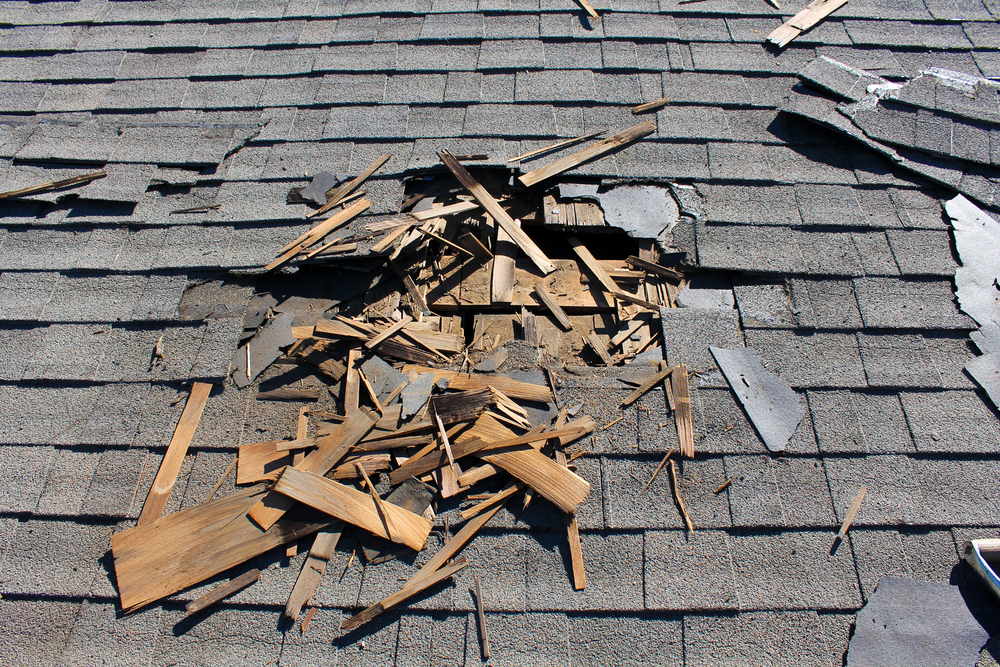
On most commercial roofing, leaks and damage may occur over time. Leaks and water damage can best be avoided before they occur. Even if your building is in a predominantly sunny climate, it rains sometimes. You can’t control the weather, but you can always be prepared.
Small leaks and larger leaks both can become major problems. Many small leaks can’t be detected with the untrained and naked eye, so regular roof inspections are important. Remember these tips when it comes to leak protection and prevention:
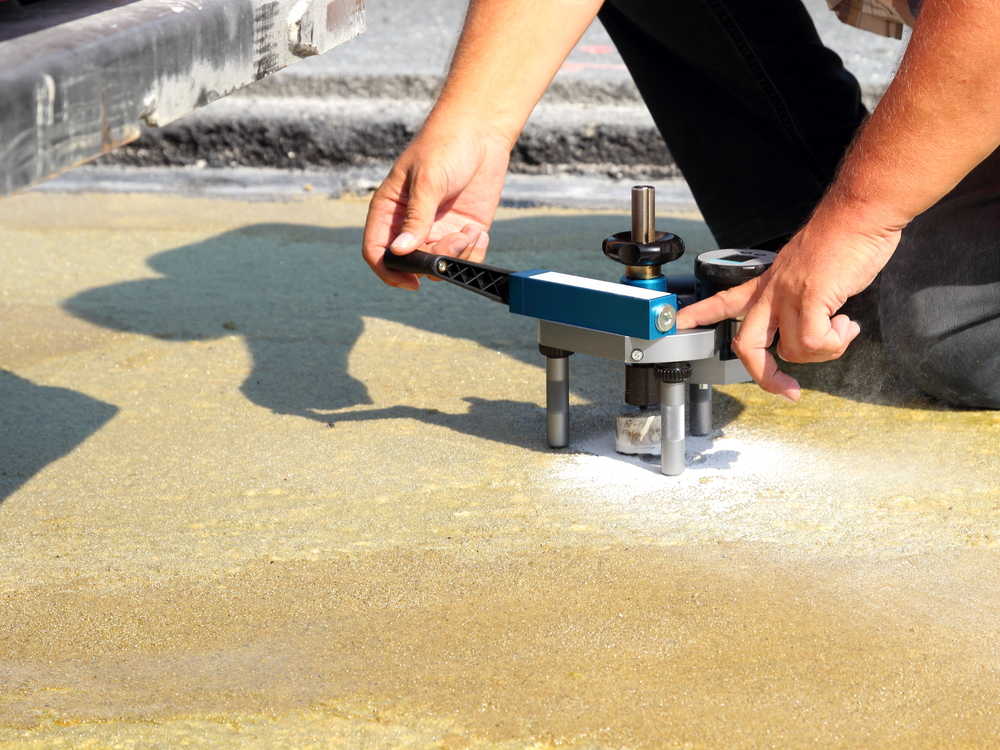
Roof Surface Inspection
Conduct a visual roof system inspection. Inspect holes, cracks and for loose fasteners on PVC or rubber roofs. Search for areas with exposed felt or missing gravel. Inspect and seal holes and cracks. Contact a roofing professional for roof restoration in Dallas if it is already damaged.
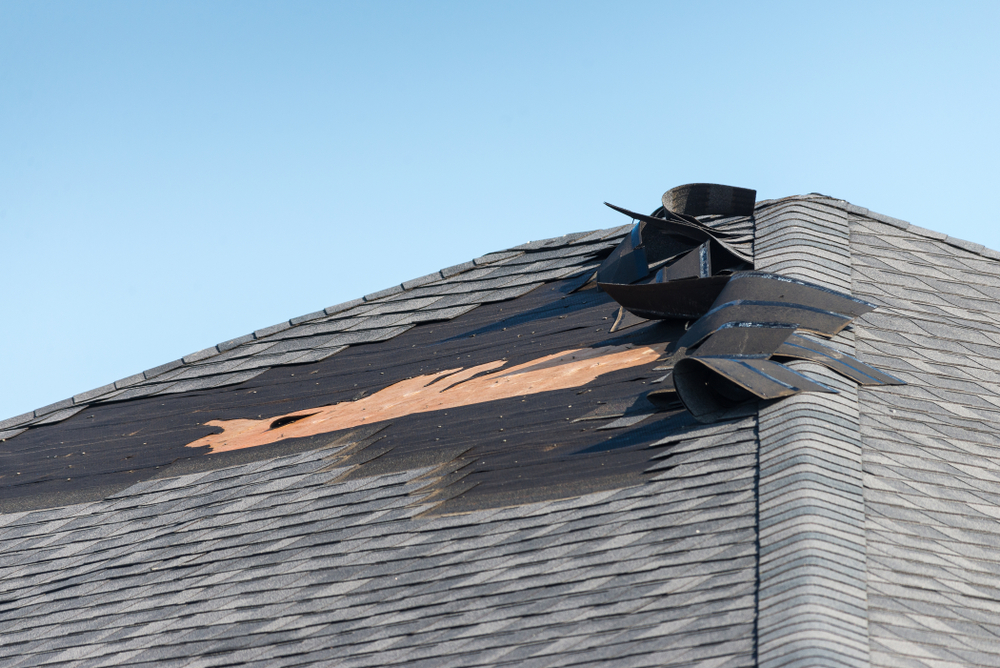
Damaged Shingles
Curled or buckled shingles are another sign of roofing problems. Look at the roof where it gets direct sunlight. If you found curling shingles or losing granules, probably the shingles have crossed their life expectancy.
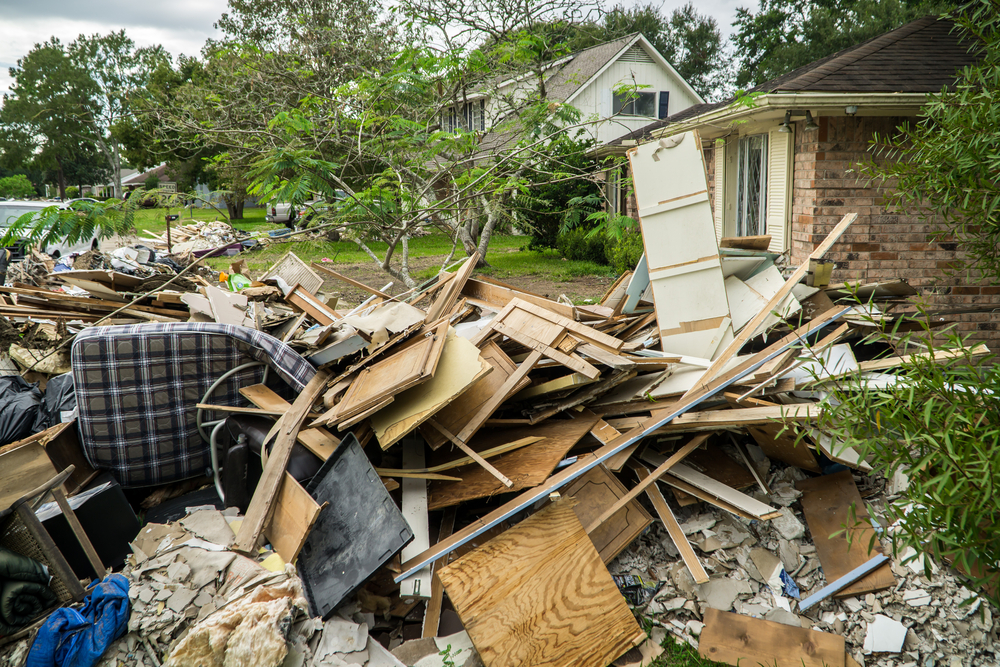
Cleanup Debris
Remove debris like gravel, dirt, and leaves. If these stay on the roof, these substances can hold water, which can damage the roof and promote algae and mold growth and cause water pooling.
Trees
Trees and bushes let algae and mold grow and so must be kept away from your building. They might add a certain aesthetic appeal, but must be kept away from the building to ensure that the roof surface neither get mold or scratches.
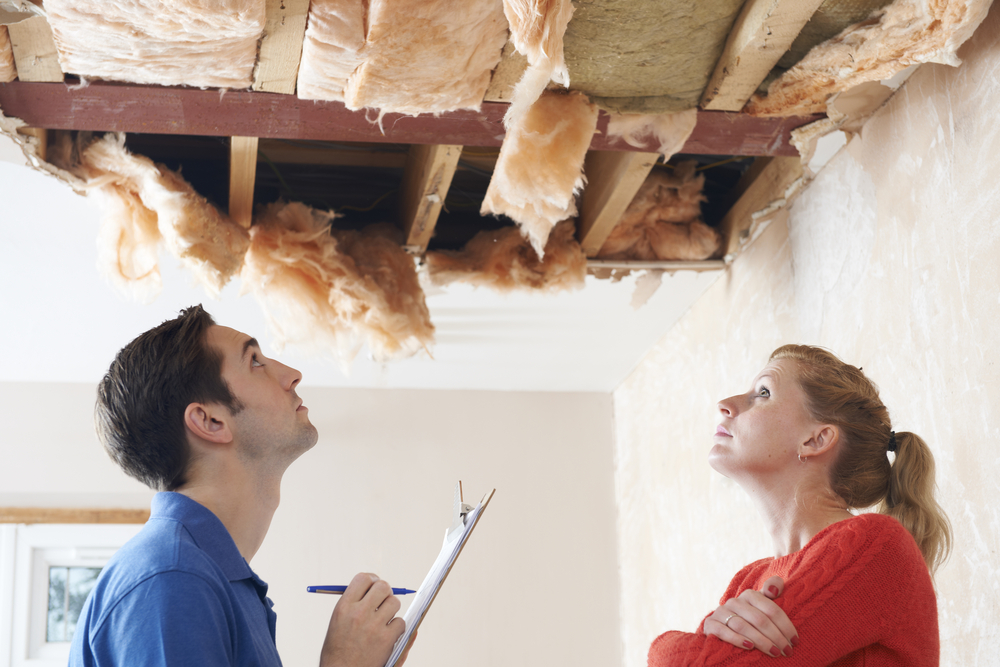
Inspect Roof Interior
When your outside area has been thoroughly assessed, do not forget to inspect the roof interior of the roof deck to find out any missed-out sign of leaks like water stains on deck or walls.
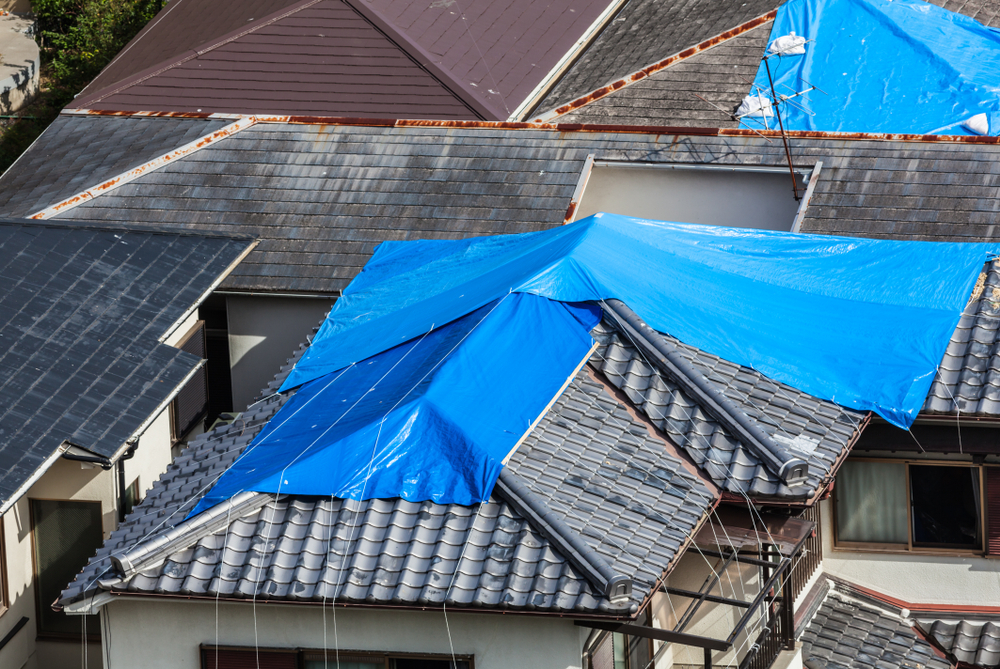
Prevent Leaks Ahead
Inspection of your roof can reveal deterioration areas that need to be repaired. Repairing these small flaws on the road will help you save money before they become much bigger problems. Contact a flat roof repair specialist if it goes beyond your knowledge.
Rooftop Perimeter
Check the edge details and mark out an area of concern, including soft areas, mold, or algae on the roof perimeter. Check for any damage like punctures at walls and curbs.
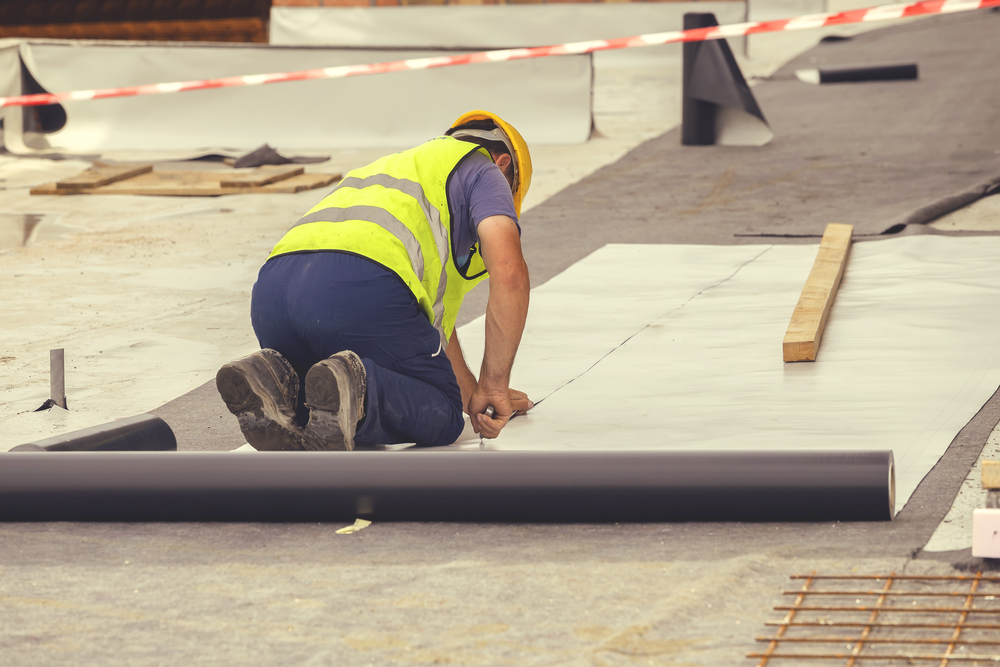
Roof Penetration Inspection
The pipe and other components sticking out of the roof surface are generally called roof penetration. Roof penetration is highly leak-prone. HVAC units, conduits, gas lines, and other roof fittings should be inspected. If the roof penetration leaks or is damaged, call a professional to diagnose and correct the problem.
Roof maintenance is ignored often unless there is a leak. Being proactive on taking care of your roof you can save thousands of dollars and prevent issues beforehand. Come to Preferred Roofing for roof restoration in Dallas if you see trouble.
